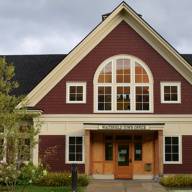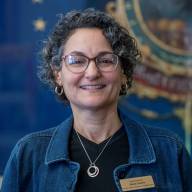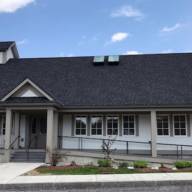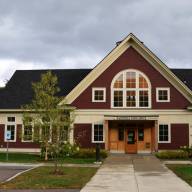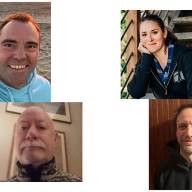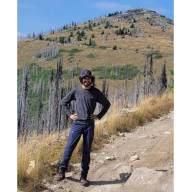The lens through which one views the world as well as history is always impacted by one’s lived experiences.
Talking to the three founders of Project Harmony, (now PH International) Kathy Cadwell, Charlie Hosford and David Kelley, about the work they did starting in 1985 that culminated in decades of international peer-to-peer exchanges, first with the Soviet Union and later with former Soviet states, the lens through which they view Russia’s invasion of Ukraine reflects heartbreak, loss and trauma.
Their groundbreaking work led to a delegation of Harwood Union high school students, plus local chanteuse Elisabeth von Trapp to make a two-week trip to the Soviet Union in 1985, to spread a message of peace through song. The prospect made the U.S. State Department wring its collective hands.
The following year, history was made again when a return exchange saw a group of students from the Soviet Union arrive here, disembarking from a bus at Tucker Hill Lodge for the earliest offerings of American Flatbread, laughing and giggling like teenagers anywhere.
Those two trips set into motion decades of exchanges and created decades of connection and goodwill. Local families hosted exchange participants for home stays, often year after year.
Those involved worked sincerely at fostering and teaching and feeling hopeful about helping democracy flourish in the former Soviet states.
For many of us, the lens through which we are viewing the Russian invasion of Ukraine in all its brutal, violent horror is colored by our collective experience with meeting people from Ukraine and other former Soviet states over and over again, in concerts, dinners, workshops, along the Mad River, on our hiking trails, in our businesses and in our homes, thanks to the work of Project Harmony (now PH International).
As Project Harmony co-founder Cadwell said, “I was feeling like there was a little bit of light on the horizon,” in terms of hope for the so many millions of people who lived under Soviet oppression until Glasnost in 1986 and who in the 36 years since have had hope that Soviet/Russian aggression would not re-emerge.”


